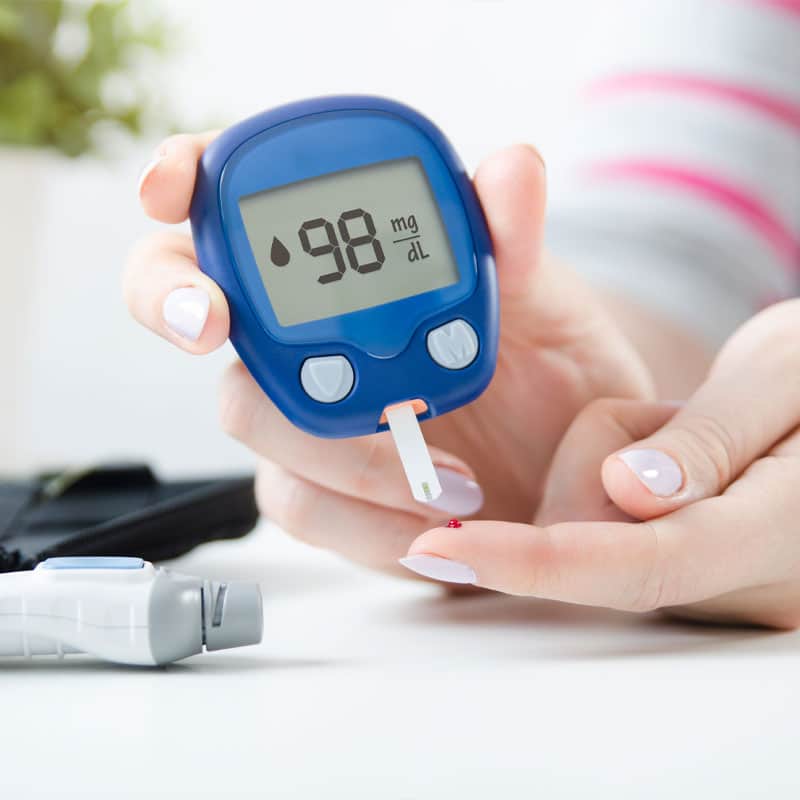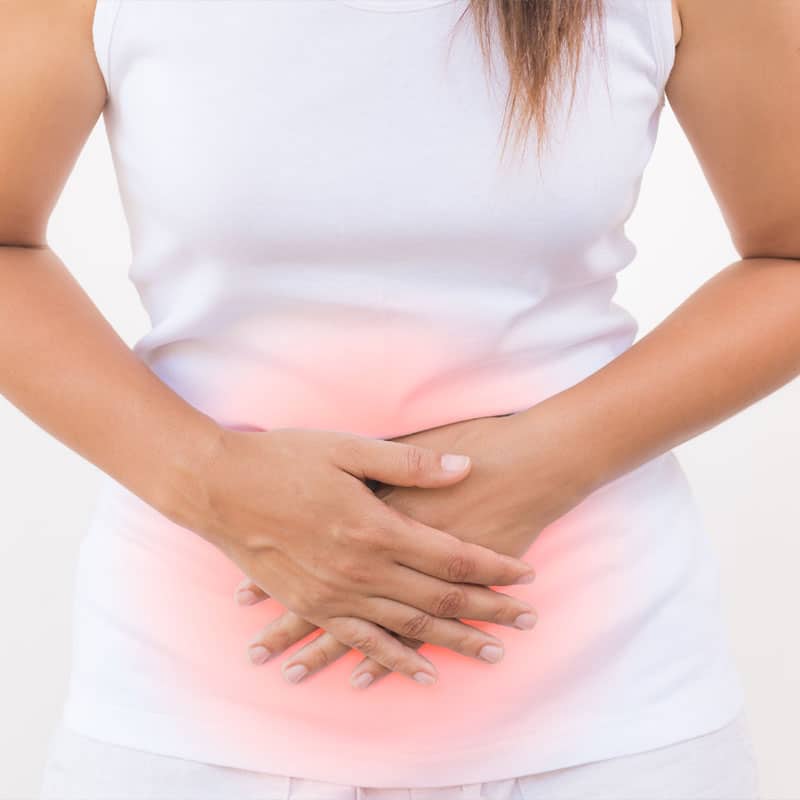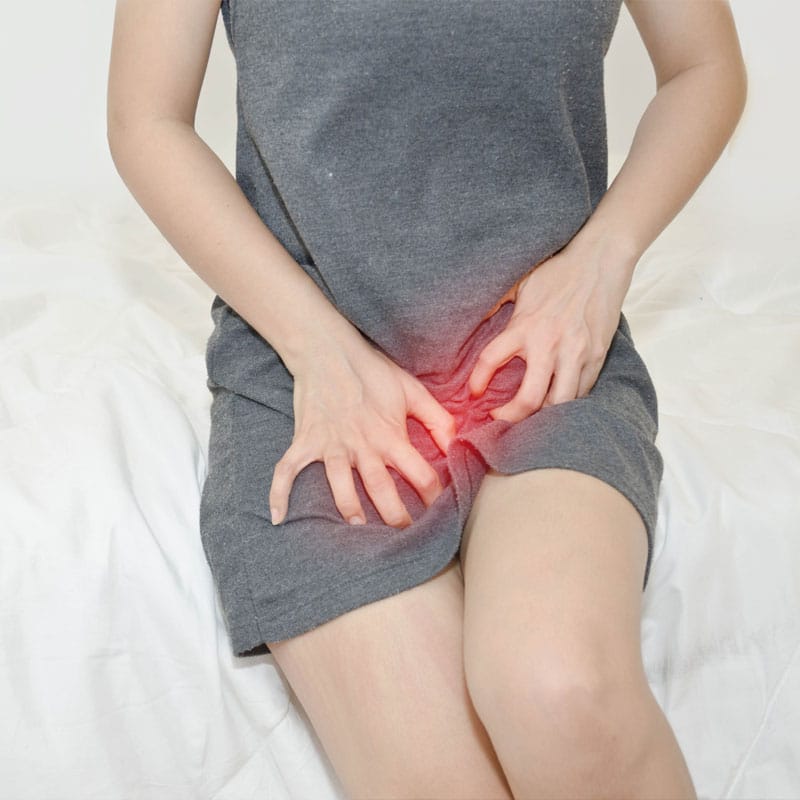Menopause is an important milestone in every woman’s life, but it can also be very difficult to deal with, especially when it comes to the physical symptoms that come along with it, such as hot flashes and mood swings. Fortunately, there are plenty of natural remedies that can be used to help reduce menopause symptoms, so you can feel more comfortable while going through this period of transition in your life. Learn more about the top natural remedies for menopause symptoms below.
Natural Remedies For Menopause Symptoms
Quit Smoking
Smoking is often associated with sudden emotional changes in women, which may include crying, laughing, and even uncontrollable anger. These emotions are withdrawal symptoms brought on by nicotine and other chemicals in cigarettes. The good news is that quitting smoking brings quick relief to menopausal symptoms. It just takes some time to get over your cravings and settle into a new routine. Talk to your doctor about ways to help you quit smoking, but keep in mind that there are many different methods out there if one doesn’t work for you, try another until you find what works best. For example, If you smoke because of stress, consider exercising or meditating when times get tough instead of reaching for a cigarette. If you smoke when drinking alcohol, switch to club soda or fruit juice while at bars or parties instead of drinking wine or beer. If you smoke as part of a daily routine, break up your day so that you aren’t tempted to light up at certain times, and maybe take a walk during those periods instead of having coffee and smoking afterward. It’s all about finding alternatives that satisfy similar needs without bringing on unwanted side effects like weight gain or increased risk of cancer.

Exercise Regularly
Menopausal women who work out can decrease their chances of suffering from hot flashes and night sweats, which are caused by irregular hormone production. Aerobic activity also contributes to burning calories, which can prevent fat gain during menopause. In general, lifestyle changes such as increased exercise and reducing stress levels help control mood swings and depression, which are common symptoms of perimenopause. For those who want to reduce their risk of heart disease which is a big concern for postmenopausal women, regular physical activity reduces bad cholesterol (LDL) and raises good cholesterol (HDL). Walking is particularly effective, Women who walk for just 20 minutes a day experience less fatigue than those who don’t exercise at all.
Eat Fresh Fruits & Vegetables

Lose Weight
Around 5 percent of women in their 50s are clinically obese, while a further 20 percent are classified as overweight. Excess weight can cause several health problems and exacerbate existing issues such as hypertension, osteoarthritis, and diabetes. Losing weight can also help relieve some symptoms associated with menopause, including hot flashes, sudden emotional changes, and trouble sleeping. Weight loss is important at any age but especially during midlife, excess weight will make it harder to enjoy life now and may even affect your health in later years. So don’t put off making lifestyle changes to improve your overall wellbeing now.

Get Enough Rest
Many women complain of sudden emotional changes and erratic sleeping patterns during menopause. If you find yourself tossing and turning or waking up in a panic, try getting more rest. Your sleep will likely improve and your mood may follow suit. Healthy habits like sleep help to alleviate other common signs of perimenopause, such as hot flashes and headaches. For best results, keep a regular bedtime schedule. If you can’t fall asleep at night or wake up groggy during the day, take steps to improve your sleep hygiene by removing potential distractions from your bedroom by shutting off electronic devices an hour before bedtime, creating a soothing bedtime routine.
Take a vitamin B12 supplement
One easy way to beat hot flashes is by taking a B12 supplement. Like other B vitamins, vitamin B12 helps keep your nervous system healthy and regulates mood. If you take it daily, most people notice a decrease in their hot flashes within two weeks. Make sure you get vitamin B12 with methylcobalamin since that’s what your body uses. Some women choose to use vitamin B12 as an alternative to hormone replacement therapy (HRT). However, if you have trouble sleeping or are dealing with anxiety, don’t rely on supplements alone instead talk to your doctor about whether HRT might be right for you.
Avoid saturated fats

Manage your medications well
Managing menopause symptoms is all about balance. Too much of anything including medication can be harmful, so it’s important to monitor your intake of both medications and supplements. If you want to balance hormones naturally or you take hormone replacement therapy (HRT), talk to your doctor about what dosage is right for you, as well as any potential side effects or interactions with other medications. Herbal supplements can also be beneficial in managing menopause symptoms, but again, it’s important to check with a medical professional before taking any kind of supplement.
Your body knows how to cope with all of these changes, and you’ll see that there are simple solutions out there that can help. All it takes is a little bit of thought and consideration and an appetite for fruit and vegetables. Even better, once you start feeling better, you’ll want to keep eating fresh fruits and veggies. You might even lose weight. Both should make life after menopause much easier. If you are ready to seek help, our menopause specialists using a holistic approach for women’s health.


















